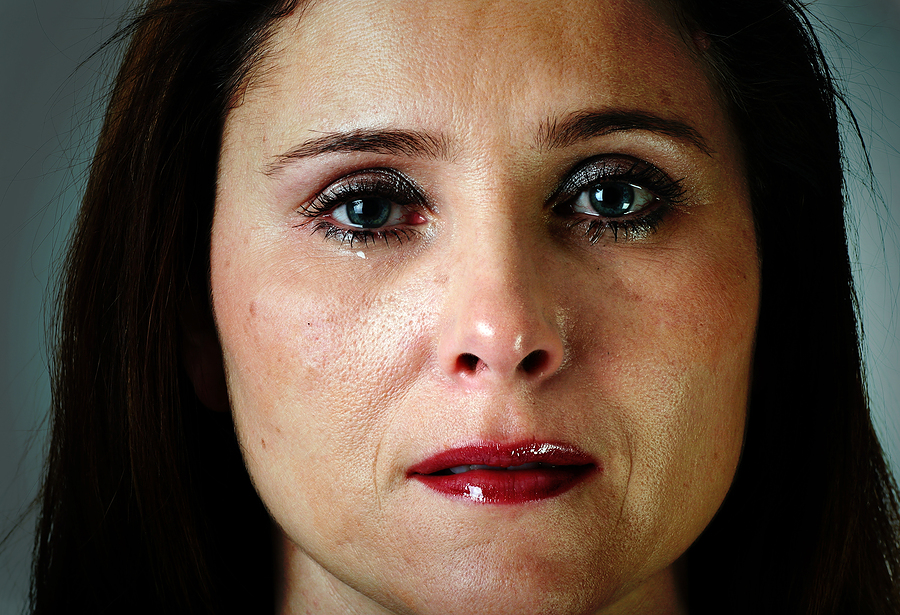Is there a positive side to depression?
By Rebecca Coxon
A recent study conducted by Psychology Professor Andreas K. Wilke from Clarkson University in New York along with other researchers from Switzerland, and Germany revealed that ‘depressed individuals perform better than their non-depressed peers in sequential decision tasks.’
According to the forthcoming research in the Journal of Abnormal Psychology, this discovery provides the first evidence that clinical depression may carry some benefits: ‘While researchers have recognized that most symptoms of depression impede cognitive functioning, scholars...have proposed that depression may promote analytical reasoning and persistence -- that is, qualities useful in complex tasks.’
Are we forgetting the reality of depression?
But with recent news headlines such as ‘Cheer up! Depression could be good for you - sometimes it leaves you more resilient and creative’ from the Daily Mail and ‘Is depression actually good for you?’ from The Independent this week, are we wishfully forgetting the other side of the story and giving out the wrong message?

Dr. Carole Lieberman, M.D., psychiatrist and author believes that we are.
‘I don't believe there are benefits of depression. This is like saying there are benefits of having a heart attack. If you don't die, then you get treatment which can help you learn how to live a healthier lifestyle. But, surely it would have been preferable not to have the heart attack in the first place’
Resilience and change
However while Marjorie Wallace, founder and chief executive of the UK Mental Health Charity SANE, who has battled with depression herself maintains that ‘If you have depression, which, by definition, is a paralysis of motivation, it will be hard to see any positive outcome,’ she also believes ‘that people who go through it come out stronger.’
‘It can act as a catalyst to survival because you have looked over the precipice and seen the abyss.’
Similar findings from a study in 2002 study from Duke University found that women who had had depression were more likely to live longer, fuelling speculation that the mildly depressed might learn to cope better and avoid harmful situations.
Bridget O'Connell from the leading Mental Health Charity Mind reminds us: "Depression can end in suicide, so it is not to be taken lightly’.
‘But many people say it helps them evaluate what is important. There is often a sense of 'I know I can survive.'
‘This can act as a wake-up call, encouraging people to change stressful patterns or situations. They may find a job with shorter hours, or they may move in or out of cities’
Depression can be fun?
Seeming to narrate from both sides of the spectrum is Helen McNallen who suffered from Clinical and Bipolar Depression. Helen set up the website www.Depressioncanbefun.com on World Mental Health Day in 2008. The website’s controversial name derived from the ‘black comedy’ moments that Helen experienced during her days of manic depression and ‘is certainly not meant to offend or belittle Depression’ but rather to ‘help others and spread the word’.
‘I’m glad I had depression,’ says Helen, from Sheffield in South Yorkshire.
‘At one time, I thought I would be working in the City of London for the rest of my days, even though it was incredibly stressful and I was very unhappy. Now, I feel very lucky to be able to spend my time helping other people. It was a turning point in my life.’
A little perspective
The studies and subsequent controversy rage on. Can depression really be ‘good for you’ or even ‘fun’ leading to more creative, resilient and efficient lives? Or are these recent claims simply demoralising and degrading for those who currently suffer and are unable to see any plus side of the often unremitting illness?
One positive view we can take on depression confidently, however, is that most people do recover and according to O’Connell ‘most don't have recurrent episodes, and, anecdotally, many people say they emerge more resilient and able to take control of their lives.’
Relevant products
For our depression guide please see here:






